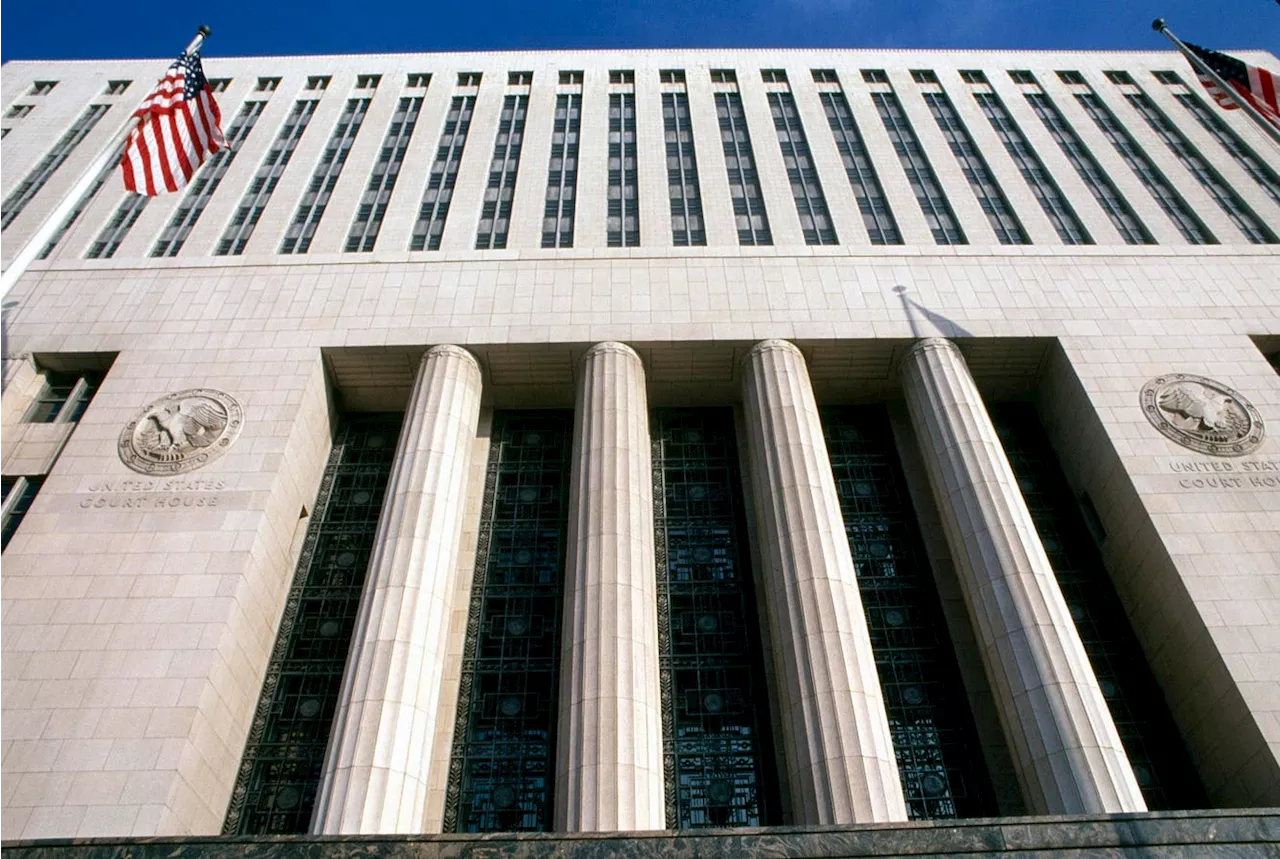Business
Dine Brands Faces Leadership Crisis as Franchisees Are Muzzled

Dine Brands, the parent company of popular restaurant chains Applebee’s and IHOP, is grappling with a significant leadership crisis as it faces a dramatic decrease in value, amounting to more than $600 million. CEO John Peyton has come under fire for instructing franchisees not to communicate with external parties, including analysts and media, a move that has not only raised eyebrows but also intensified feelings of frustration among operators.
On October 28, 2022, an internal memo from Peyton emphasized the need for confidentiality, stating, “As we continue to grow, you may hear from outside parties seeking information about future plans. Please remember that any Dine business information…is confidential.” While this directive was presented as a standard privacy measure, many franchisees perceived it as a method of suppression. Operators who invest their time, capital, and reputations into Dine’s ecosystem felt they were being silenced at a time when collaboration and transparency are crucial.
Franchisees have reported deteriorating morale, rising costs, and a perceived lack of support from the corporate office. Instead of fostering a collaborative environment, the communication clampdown has led to a growing divide between local operators and management. This distance hints at an underlying strain within the organization, as franchisees find themselves increasingly disconnected from the decision-making processes that affect their businesses.
Financial Challenges and Governance Issues
Since Peyton took charge in 2021, Dine Brands has experienced a staggering 70 percent decline in total shareholder returns. In contrast, competitors like Darden and Brinker have seen their stocks rise. Dine’s debt has ballooned to five times its EBITDA, while customer traffic at both Applebee’s and IHOP continues to lag significantly. Despite these challenges, dividends have remained unchanged, even as financial pressures mount.
The company’s struggles are not merely a byproduct of the pandemic; they stem from deeper leadership issues. Decisions made under Peyton’s leadership have prioritized optics over substantive performance. Dine Brands’ board of directors, which averages nearly nine years of tenure, has allowed this trend to continue unchecked. With many board members lacking operational experience, the governance structure has become a significant constraint on the company’s potential for recovery.
Franchisees play a vital role in the success of the Dine Brands model. They represent the frontline of operations, where cost management, customer service, and profitability converge. When trust begins to erode, the entire system is at risk. Operators have voiced their need for essential tools such as modern kitchen technology and simplified menus but have encountered delays and a lack of responsiveness from the corporate level.
A Path Forward: Emphasizing Accountability and Transparency
The recent actions of Dine Brands suggest a troubling trend of avoiding accountability. The memo to franchisees did more than limit communication; it effectively cut off valuable insights. Franchisees serve as an early warning system; when management fails to listen, minor issues can escalate into significant structural problems.
The solutions are straightforward. To stabilize the company and restore confidence among franchisees and shareholders, Dine Brands must prioritize accountability and transparency. These elements are not merely requests from franchisees; they are foundational principles of effective corporate governance.
Historical precedents exist within the industry. In 2014, Darden Restaurants ignored shareholder warnings until a board refresh led to a remarkable turnaround. Similarly, Brinker International successfully regained credibility through cost management and operational focus. Each turnaround began with leadership that listened to its stakeholders.
Dine Brands has the potential to follow this path, but only if its board and CEO are willing to engage with those who understand the business best. Numbers are crucial, but so is trust. As franchisees feel increasingly sidelined, overall performance suffers.
Applebee’s has long been known for its community-oriented approach, but that spirit is fading. A company cannot hope to rebuild external loyalty while simultaneously eroding internal trust. Robust organizations welcome scrutiny, knowing that results will speak for themselves. In contrast, struggling companies often construct barriers to shield narratives that no longer reflect their performance.
Moving forward, Dine Brands must recommit to accountability and operational focus. With the right leadership, it is feasible to recover margins to 18 percent and reduce leverage to below four times EBITDA within two years. Both Applebee’s and IHOP are strong brands; what they lack is effective stewardship.
When a CEO instructs operators to remain silent, it often signals a desire for control rather than genuine confidentiality. Dine Brands is not facing a communication issue; it is grappling with a credibility crisis. The memo issued on October 28 sent a clear message: stop talking. In turn, shareholders interpreted this as a signal to stop listening. Had management been more attuned to franchisee concerns, the company might have avoided the loss of over half a billion dollars in value.
In an environment where transparency fosters confidence, silence only breeds uncertainty.
-

 Science3 weeks ago
Science3 weeks agoIROS 2025 to Showcase Cutting-Edge Robotics Innovations in China
-

 Lifestyle3 weeks ago
Lifestyle3 weeks agoStone Island’s Logo Worn by Extremists Sparks Brand Dilemma
-

 World3 weeks ago
World3 weeks agoBravo Company Veterans Honored with Bronze Medals After 56 Years
-

 Politics3 weeks ago
Politics3 weeks agoJudge Considers Dismissal of Chelsea Housing Case Citing AI Flaws
-

 Health3 weeks ago
Health3 weeks agoStartup Liberate Bio Secures $31 Million for Next-Gen Therapies
-

 Health3 weeks ago
Health3 weeks agoTop Hyaluronic Acid Serums for Radiant Skin in 2025
-

 Top Stories3 weeks ago
Top Stories3 weeks agoIndonesia Suspends 27,000 Bank Accounts in Online Gambling Crackdown
-

 Sports3 weeks ago
Sports3 weeks agoMel Kiper Jr. Reveals Top 25 Prospects for 2026 NFL Draft
-

 World3 weeks ago
World3 weeks agoHoneywell Predicts Record Demand for Business Jets Over Next Decade
-

 Lifestyle3 weeks ago
Lifestyle3 weeks agoMary Morgan Jackson Crowned Little Miss National Peanut Festival 2025
-

 Science3 weeks ago
Science3 weeks agoArizona State University Transforms Programming Education Approach
-

 Politics3 weeks ago
Politics3 weeks agoNew Jersey Voters Urged to Register Ahead of November Election









